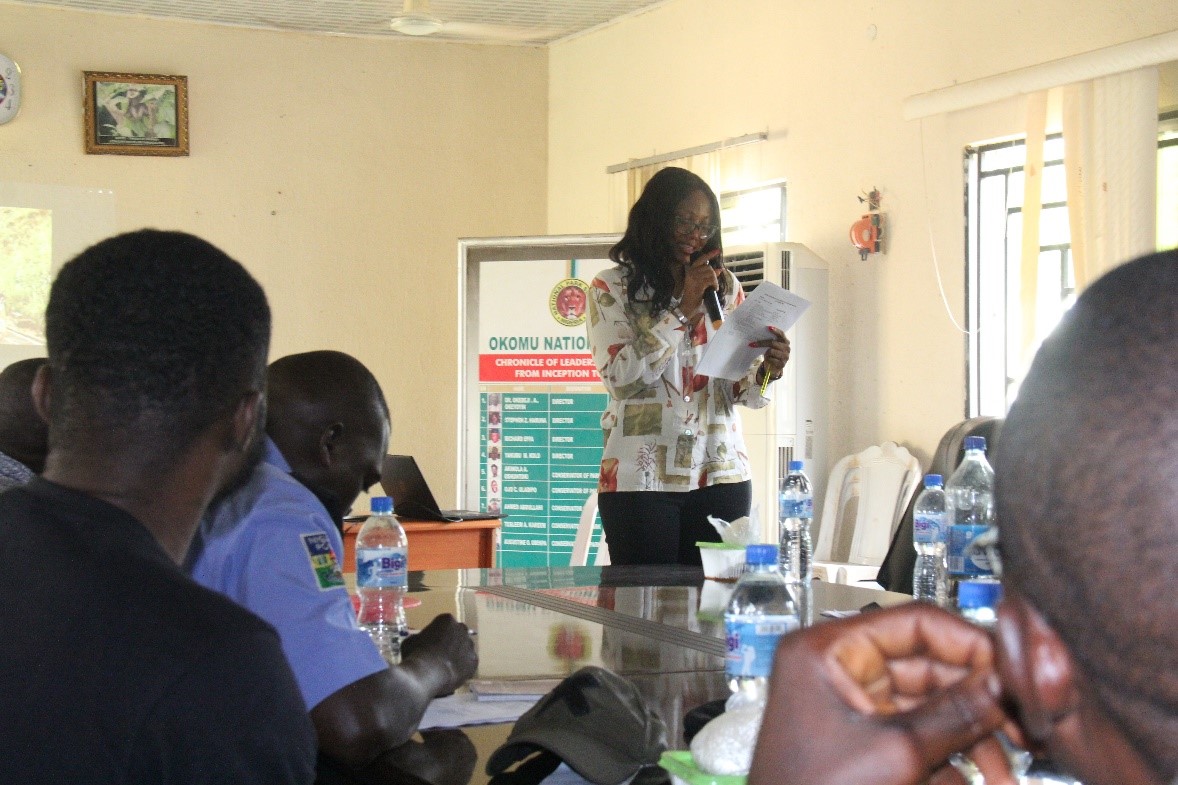Successfully establishing and scaling a social enterprise like a pad factory requires careful coordination with government authorities and strict compliance with legal requirements. This building block focuses on creating a strong foundation by building trust, ensuring legality, and protecting the enterprise from future risks.
The first step involves informing local and national government bodies about your project plans and activities. Regular communication not only builds transparency and trust but also makes it easier to gain support when needed. It ensures that the enterprise is seen as a responsible and contributing part of the community's development.
Secondly, it is crucial to coordinate with local or provincial offices to confirm that the factory is located appropriately and meets all zoning, operational, and environmental requirements. Early consultation helps avoid future legal complications and promotes smoother project implementation.
Before any physical construction begins, the enterprise must complete all legal steps, such as securing land use permits, building approvals, and environmental clearances. This process prevents future disputes and ensures that the factory is legally protected at every stage.
If the enterprise plans to import machinery or raw materials from abroad (for example, from India and Chaina), it is essential to follow all import rules, including documentation and tax payments. Compliance with import regulations helps avoid customs delays, penalties, and additional operational costs.
Further, to operate legally in the market, the enterprise must register officially and gain approval to sell its products, such as sanitary pads. Official registration enhances the company’s credibility among customers, partners, and regulatory bodies, opening doors to wider distribution opportunities.
Finally, it is critical to insure the factory, machinery, and assets against potential risks like fire, natural disasters, burglary, or other damages. Having appropriate insurance coverage provides financial protection and ensures business continuity even during unforeseen events.
By following these structured steps, the enterprise not only secures its legal standing but also strengthens its reputation, improves sustainability, and creates a solid platform for growth and social impact.
